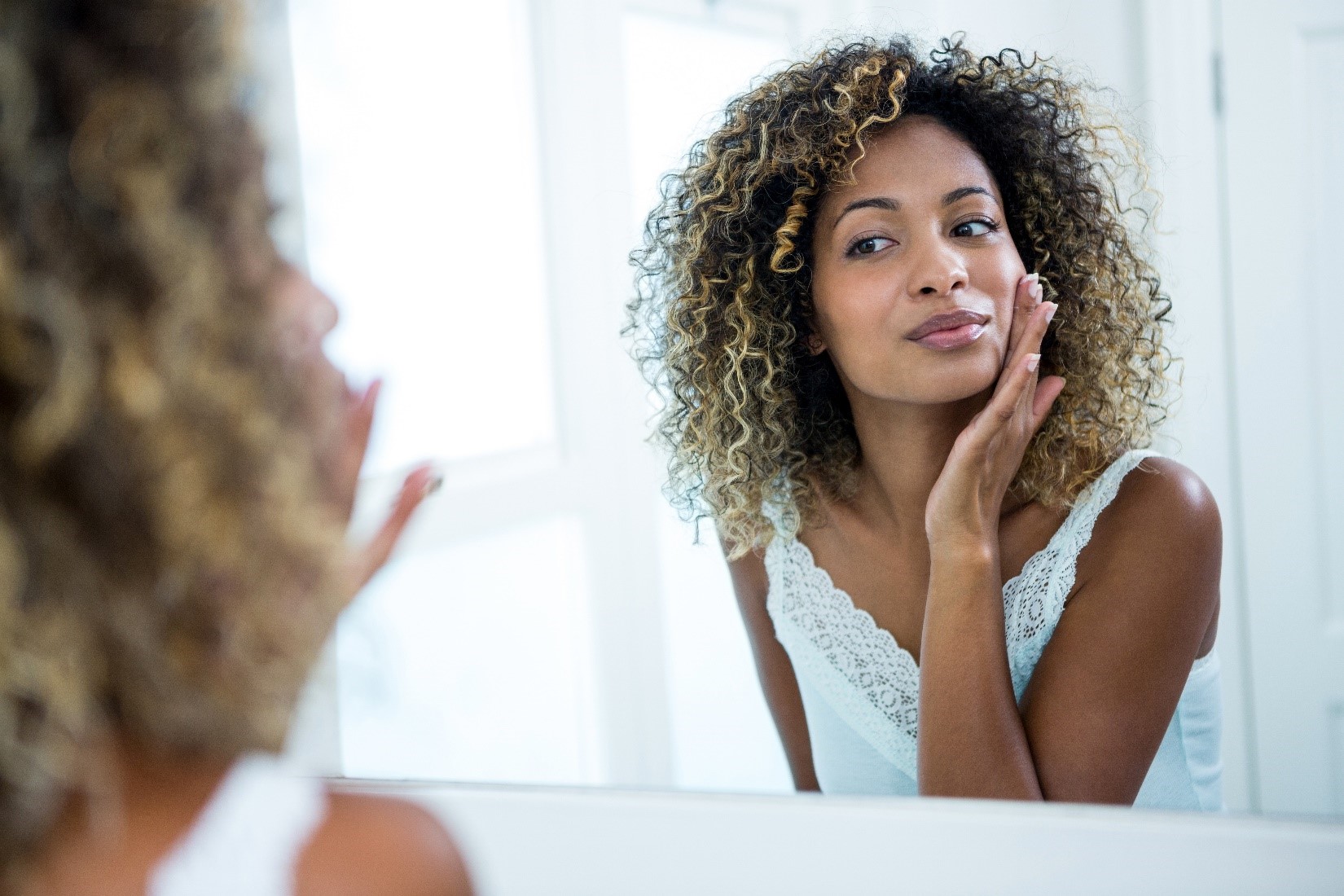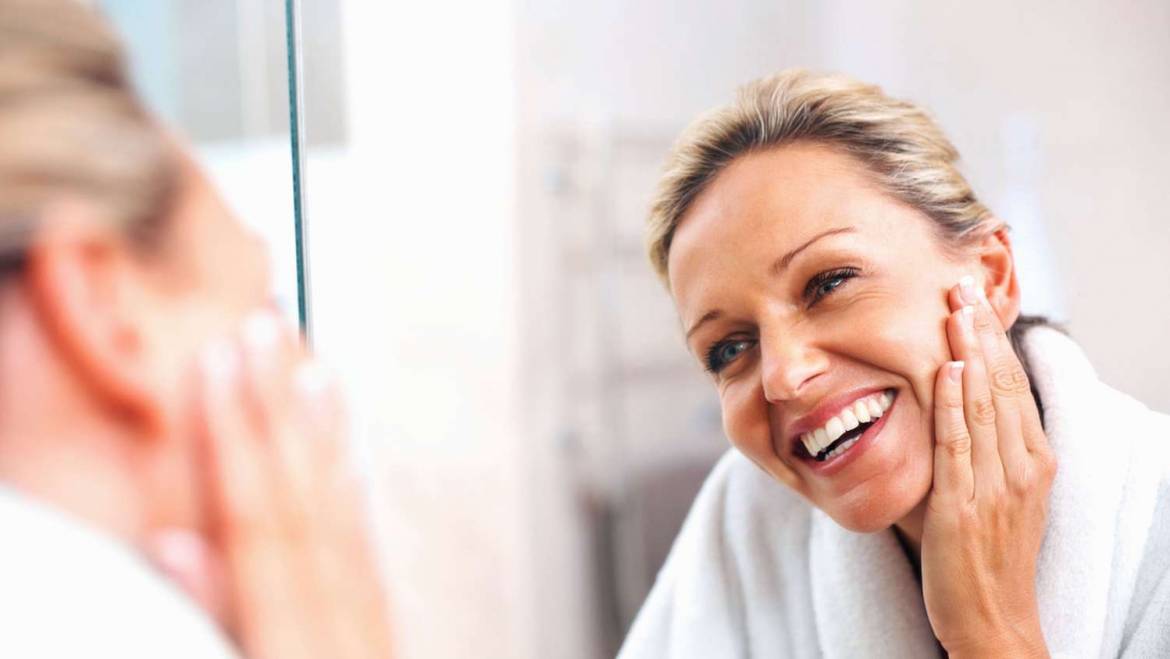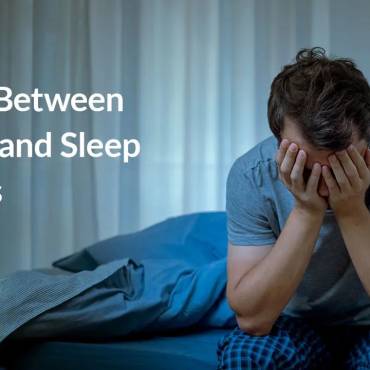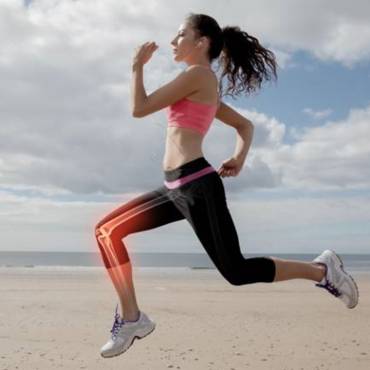You can achieve clear and glowing skin at any age; you need to know the right ingredients and the best anti-ageing skin care products based on your skin type and the decade of your life. The best skincare routine should also include the best skin care products for antiaging. Check out the anti-ageing secrets of skin below that dermatologists won’t tell you for free.
Ageing is a very complex process that comes with a degenerative impairment in many of the major functions of the human body over time. The inevitable process is influenced by hereditary factors, lifestyle, and environmental factors such as UV radiation, diet-borne toxins, and UV radiation, and so on. Many external and internal signs are related to the ageing process, including skin dryness, fine lines, wrinkles, diabetes, atherosclerosis, neurodegenerative disorders, cancer, etc. Oxidative stress, a consequence of the imbalance between pro and antioxidants, is also one of the main factors causing ageing-related damage.

Skincare
Skin care health and functioning skin barrier is an important protector against dehydration, penetration of various microorganisms, irritants, allergens, and radiation. The skin barrier needs to be adjusted to ensure penetration. So, for this reason, daily skincare using the best skin care products may increase skin regeneration, smoothness, and elasticity and thus temporarily change the skin condition. However, it is important to stop the degradation of the skin’s constituents, such as elastin, and collagen, to prevent ageing.
Sunscreen
People tend to neglect the use of sunscreen, especially in their 20s; it’s arguably the most important time to use it. It is important to reuse sunscreen every two hours outdoors to minimize the chance of developing sun damage and premature skin wrinkling. It is best to choose mineral-based products that give instant sun protection. These are non-comedogenic (which means they won’t cause clogging of pores), oil-free, and water-resistant.
Top pharmacological agents with anti-ageing properties
There are two main groups of agents that can be used as an antiaging formulation component, antioxidants and cell regulators. The antioxidants such as vitamins reduce collagen degradation. The cell regulators such as retinol and peptides directly affect collagen production.
Vitamins are considered important antioxidants because of their ability to get into the skin through their small molecular weight. Here are a few vital ones for skincare:
- Vitamin C – The water-soluble vitamin C in a concentration between 5 to 15% was proven to have a skin ageing effect by inducing the production of certain enzymes that are crucial for the production of collagen. Research studies have revealed that antioxidative protection is way more with the combination of vitamins C and E than with vitamin C or E alone.
- Vitamin B3 – Antiaging products containing Niacinamide (vitamin B3) help regulate cell metabolism and regeneration, and it is generally utilized in 5% concentration as an antiaging agent. Some research studies have noticed an improvement in skin elasticity, erythema, and pigmentations after three months of topical therapy.
- Tocopherol (vitamin E) – used as a skin skincare ingredient, has anti-inflammatory effects in concentrations between 2 to 20%. It smoothens the skin, increases the ability of the skin to maintain its humidity, and contributes to the photoprotection of the skin. However, the effects are not as strong as vitamins B3 and C.
Cell regulators such as vitamin A derivatives act directly on collagen metabolism and start the production of collagen and elastic fibres.
- Vitamin A (retinol) and its derivatives (Tretinoin) also belong to a group of agents with antioxidant effects. They are known to induce the biosynthesis of collagen. Retinol is, at the moment, the most often used as an anti-ageing substance and, when compared to Tretinoin, causes less skin irritation. Research studies have shown that retinol products have positive effects on extrinsic and intrinsic skin ageing and have a positive effect on collagen metabolism.
Tretinoin: the best anti-ageing skin care product
Tretinoin, a retinoid of the first generation, is clinically tested and approved for application as an antiaging therapy in a concentration of 0.05 and .025% in the US. It has been shown to reduce the symptoms of UV-induced early skin ageing, such as fine lines, wrinkles, loss of skin elasticity and pigmentation. Currently, Tretinoin is one of the best skin care products for antiaging. The best antiaging skincare routine includes using a cleanser, exfoliator, moisturizer, sunscreen, and retinol/retinoid (every night). An antiaging skincare routine is incomplete without a retinoid. Furthermore, Tretinoin is extremely effective in treating acne; therefore, it is considered one of the best skin care products for acne.
Takeaway
Antiaging products with vitamins and retinoids, along with sunscreen, focus on preventing skin ageing with UV protection, free radical scavengers, and cell-protecting agents. Selecting the right anti-ageing product for your skin is daunting, and this blog has tried to simplify the process and help you get the best anti-ageing routine while choosing the right skincare products online.
Also Read: How to Build the Best Skincare Routine?
admin
Latest posts by admin (see all)
- What is Triluma Cream? Uses, Benefits, and How It Works for Skin - December 26, 2024
- What Causes Dark Spots? Understanding the Science of Hyperpigmentation and How Skin Lightening Products Help - December 26, 2024
- Tretinoin Gel vs. Cream: Which Formulation is Right for Your Skin? - December 20, 2024



